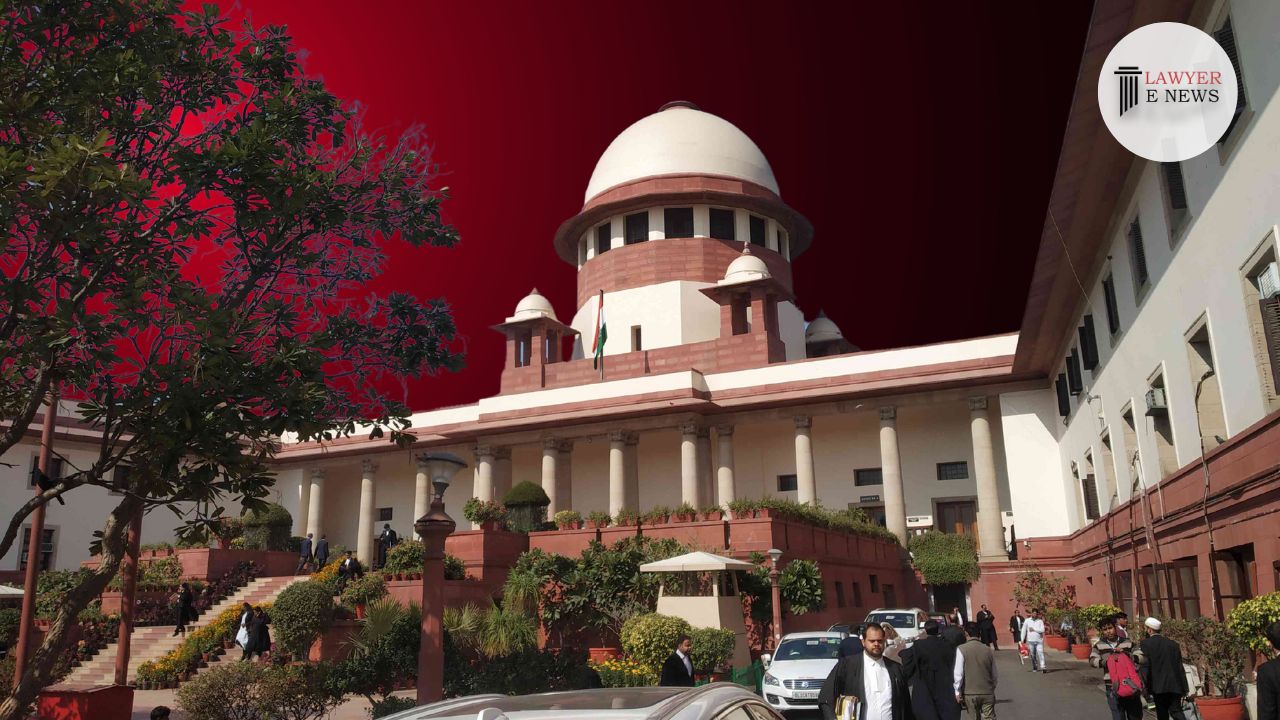-
by Admin
16 February 2026 1:47 PM



In a significant ruling, the Supreme Court of India upheld the importance of transparency in government contracts and the need for a fair and non-arbitrary procurement process for Ayurvedic medicines. The apex court dismissed an appeal that sought to deviate from the tender process, emphasizing the constitutional requirement of equal treatment and the absence of exceptional circumstances justifying an alternative procurement method.
The judgment, delivered by Chief Justice of India (CJI) Dr. Dhananjaya Y Chandrachud and Justice Hima Kohli, underscored the significance of judicial review in government contracts and the principles of non-arbitrariness enshrined in Article 14 of the Constitution. The bench observed, "Government contracts involving expenditure from public exchequer must not be spent arbitrarily. The action of the state must be tested on the touchstone of Article 14, which requires transparency in grant of public contracts."
The dispute revolved around the interpretation of paragraph 4(vi)(b) of the Operational Guidelines for procurement of Ayurvedic drugs. The appellant contended that it had the discretion to purchase medicines through 'nomination,' claiming that the nominated establishment, Indian Medicines Pharmaceutical Corporation Limited (IMPCL), was the sole producer of quality Ayurvedic medicines. However, the court rejected this claim, highlighting the absence of substantive evidence to support the appellant's contention.
The court held that paragraph 4(vi)(b) did not confer exclusive privileges on IMPCL and emphasized the importance of treating all establishments mentioned in the guideline equally. It noted, "The contention that IMPCL does not have any commercial interest because it is an establishment developed by the Government of India is then equally applicable to other establishments prescribed in paragraph 4(vi)(b)."
Furthermore, the bench emphasized the need for transparency and fairness in the procurement process. It stated, "Inviting tenders from the entities mentioned in paragraph 4(vi)(b) is the most transparent and non-arbitrary method of allocation that can be undertaken." The court held that deviations from the tender route could only be justified by exceptional circumstances, subject to the appellant demonstrating such circumstances with substantial evidence.
The appeals against the judgment of the Lucknow Bench of the High Court of Judicature at Allahabad were consequently dismissed, reaffirming the primacy of the tender process in government contracts. The intervention applications filed by various entities were also dismissed as they fell beyond the scope of the Special Leave Petition.
This ruling not only reinforces the significance of transparency and non-arbitrariness in government contracts but also sets a precedent for fair procurement practices in the pharmaceutical sector. The decision provides clarity on the interpretation of operational guidelines and emphasizes the need for evidence-based decision-making in the procurement of essential medicines.
Date of Decision: January 03, 2023
M/S Indian Medicines Pharmaceuticals Corporation Ltd vs Kerala Ayurvedic Co Operative Society Ltd. & Ors.
